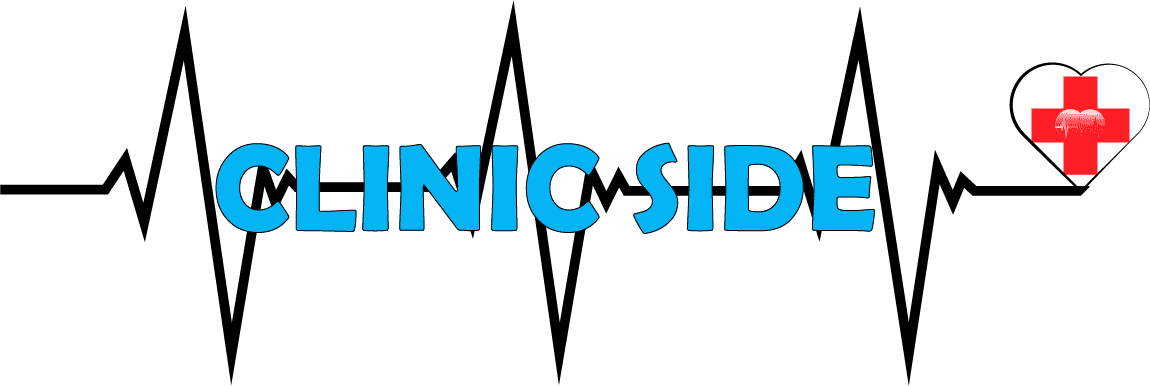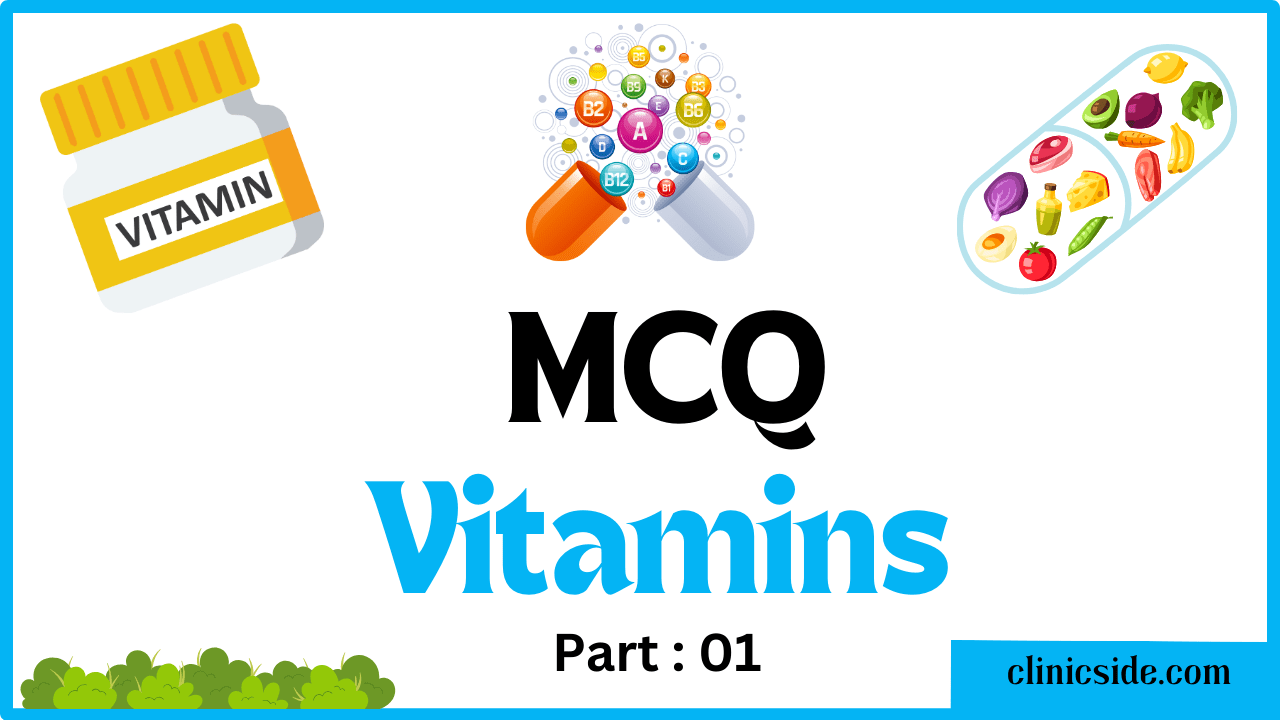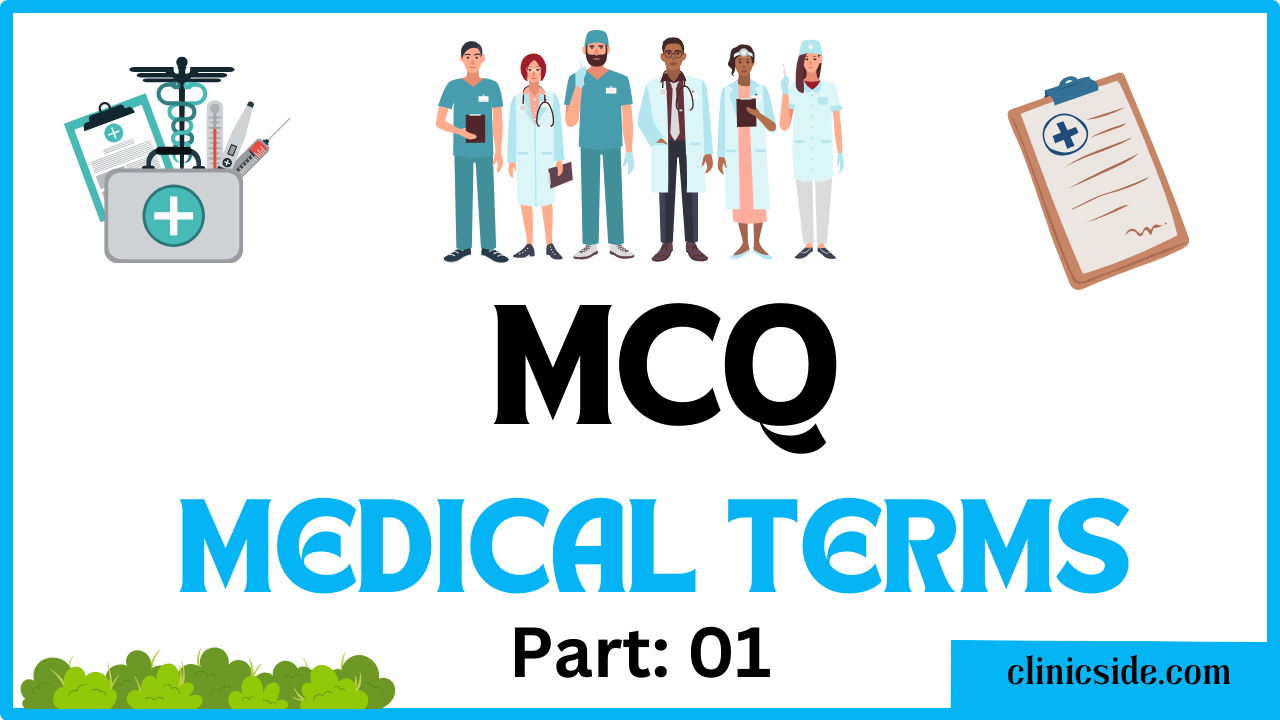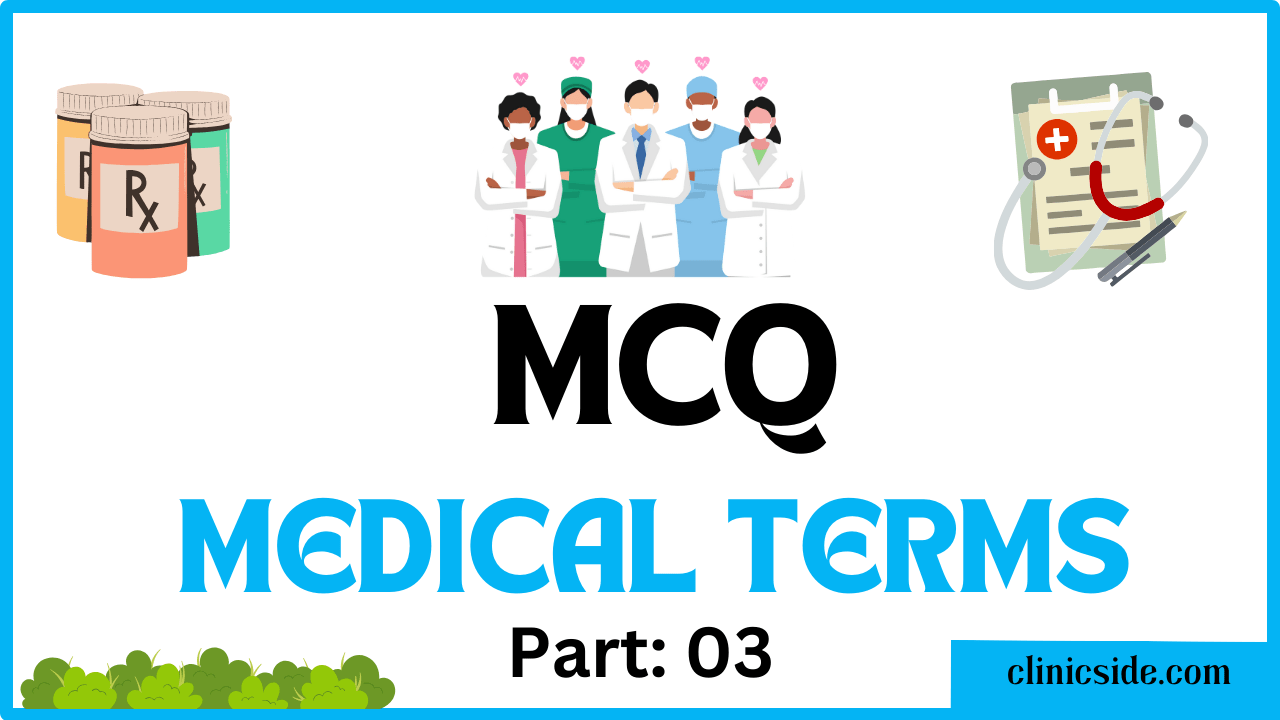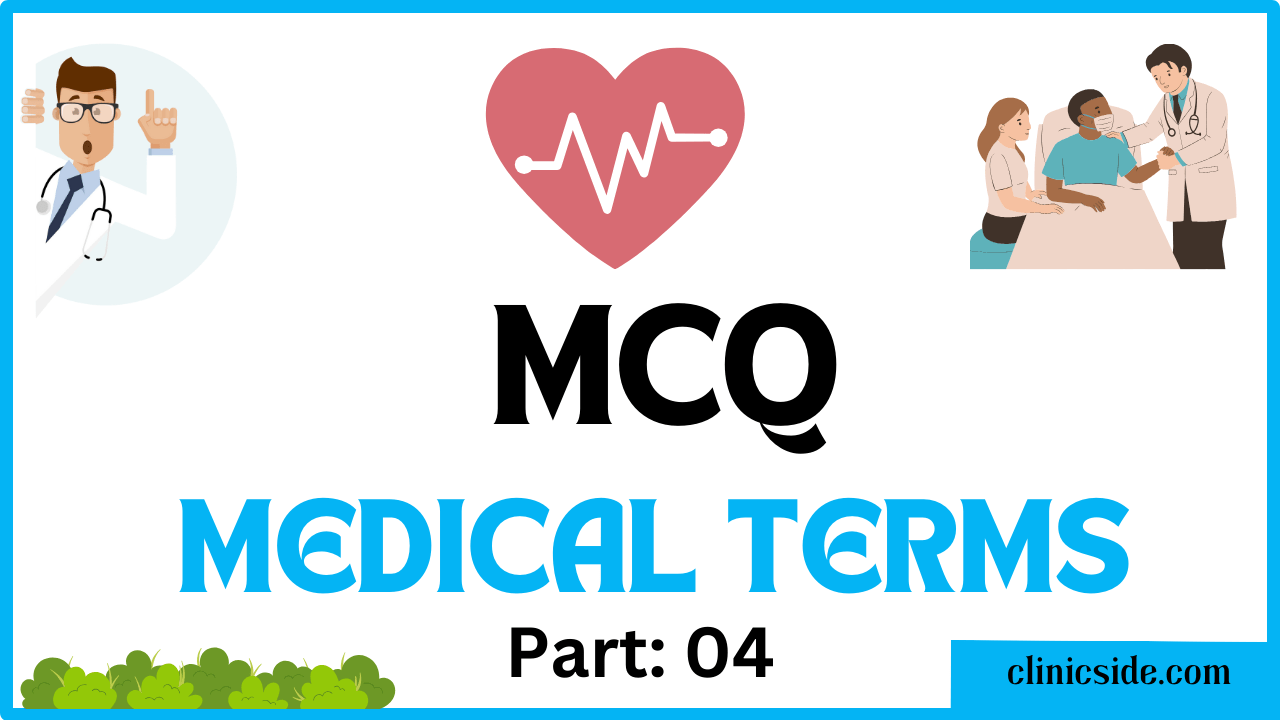Quiz
Available options: 1 to 25
Pre-Quiz Discussion On Vitamin:
Vitamin A
Function: Vitamin A is essential for maintaining healthy vision, promoting growth, supporting the immune system, and ensuring the proper functioning of organs.
Sources: Present in a variety of sources such as carrots, sweet potatoes, spinach, and liver.
Deficiency Symptoms: Symptoms of a deficiency may manifest as difficulty seeing in low-light conditions, skin dryness, and heightened vulnerability to infections.
Vitamin B1 (Thiamine)
Function: Vitamin B1 is crucial for energy metabolism, nerve function, and the metabolism of carbohydrates.
Sources: Found in whole grains, beans, nuts, and pork.
Deficiency Symptoms: Beriberi, characterized by fatigue, muscle weakness, and nerve damage.
Vitamin B2 (Riboflavin)
Function: Vitamin B2 is important for energy production, maintaining healthy skin, and supporting vision.
Sources: Present in items such as dairy selections, lean cuts of meat, and a variety of leafy green vegetables.
Deficiency Symptoms: Cracked lips, inflammation of the lining of the mouth and tongue.
Vitamin B6 (Pyridoxine)
Function: Vitamin B6 is involved in brain development, the synthesis of neurotransmitters, and the metabolism of proteins.
Sources: Found in poultry, fish, bananas, and potatoes.
Deficiency Symptoms: Anemia, dermatitis, and neurological issues.
Vitamin B9 (Folate)
Function: Vitamin B9 is essential for DNA synthesis, cell division, and the prevention of neural tube defects during pregnancy.
Sources: Found in leafy green vegetables, legumes, and fortified cereals.
Deficiency Symptoms: Anemia, difficulty concentrating, and increased risk of neural tube defects in infants.
Vitamin B12
Function: Vitamin B12 is crucial for the production of red blood cells, nerve function, and DNA synthesis.
Sources: Found in animal products like meat, fish, eggs, and dairy.
Deficiency Symptoms: Pernicious anemia, fatigue, and neurological issues.
Vitamin C
Function: Vitamin C is an antioxidant, important for collagen synthesis, wound healing, and supporting the immune system.
Sources: Present in a variety of sources such as citrus fruits, strawberries, bell peppers, and broccoli.
Deficiency Symptoms: Scurvy, fatigue, and weakened immune function.
Vitamin D
Function: Vitamin D plays a vital role in facilitating the absorption of calcium, promoting optimal bone health, and bolstering the immune system
Sources: Obtained through exposure to sunlight and found in fatty fish, fortified dairy, and egg yolks.
Deficiency Symptoms: Rickets in children, osteomalacia in adults, and weakened bones.
Vitamin E
Function: Vitamin E is an antioxidant, protecting cells from damage, and is important for immune function.
Sources: Present in a variety of sources such as nuts, seeds, vegetable oils, and an array of green leafy vegetables.
Deficiency Symptoms: Rare, but may include muscle weakness and vision problems.
Vitamin K
Function: Vitamin K is crucial for blood clotting, bone health, and cardiovascular health.
Sources: Present in a variety of green leafy vegetables, cruciferous broccoli, and the enriching goodness of soybean oil.
Deficiency Symptoms: Impaired blood clotting, easy bruising, and excessive bleeding.
Test Guidelines and Time Limit:
Guidelines for Maximizing Your Quiz Experience:
Read and Understand:
Carefully read each question related to Vitamin and ensure you have a clear understanding of the concepts before selecting your answer. This will help you make informed choices and avoid misconceptions.
Choose the Best Answer:
Evaluate all available options before selecting the one that aligns best with your knowledge of Vitamin. Strive for accuracy and relevance in your responses.
Time Management:
The quiz has a time limit based on the number of questions you choose. Allocate 45 seconds per question. Manage your time wisely to complete all questions within the allotted time.
Efficient time management increases your likelihood of successfully completing the quiz and submitting your answers within the designated timeframe. Best of luck!
